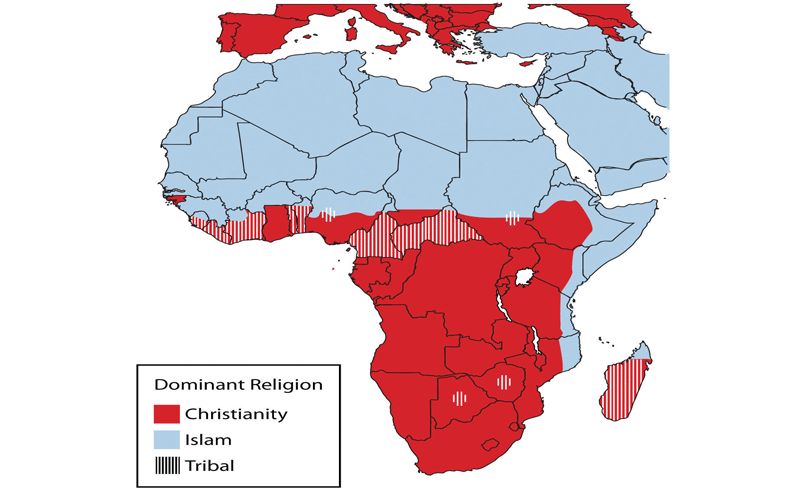Sub-Saharan Africa, 08 March, 2020 / 10:30 pm (ACI Africa).
A recent global study that examined nine democratic rights and institutions across 34 countries demonstrated that freedom of religion, which received significant support from respondents with 68 percent of them considering it “very important”, is the top priority in sub-Saharan Africa.
Yet freedom of religion as a democratic right “is the lowest priority in several more secular nations, especially in Europe, where the French, Swedes, Spanish and Dutch all rate it their lowest priority,” the February 27 report of the study shows. Canada, Japan, and South Korea are among the other countries where citizens do not consider freedom of religion an essential democratic right.
The democratic principle of fair judiciary was the most prioritized by respondents across the 34 countries, including the world’s most advanced nations. With a median of 82 percent across all the polled countries, it means that most respondents surveyed considered it “very important to live in a country where the judicial system treats everyone the same.”
The 34-country Pew Research Center survey sampled three countries in Sub-Saharan Africa. These included Africa’s most populous and richest nation, Nigeria, South Africa where the richest individuals on the continent inhabit, and Kenya, considered the largest and most advanced economy in East and Central Africa.
The study shows for Nigerians, the idea of freedom of religion is the most vital, 88 percent of respondents having said it is very important. No other country has as high a rate as this for the question of citizens living in a country where religious freedom is deemed essential.





